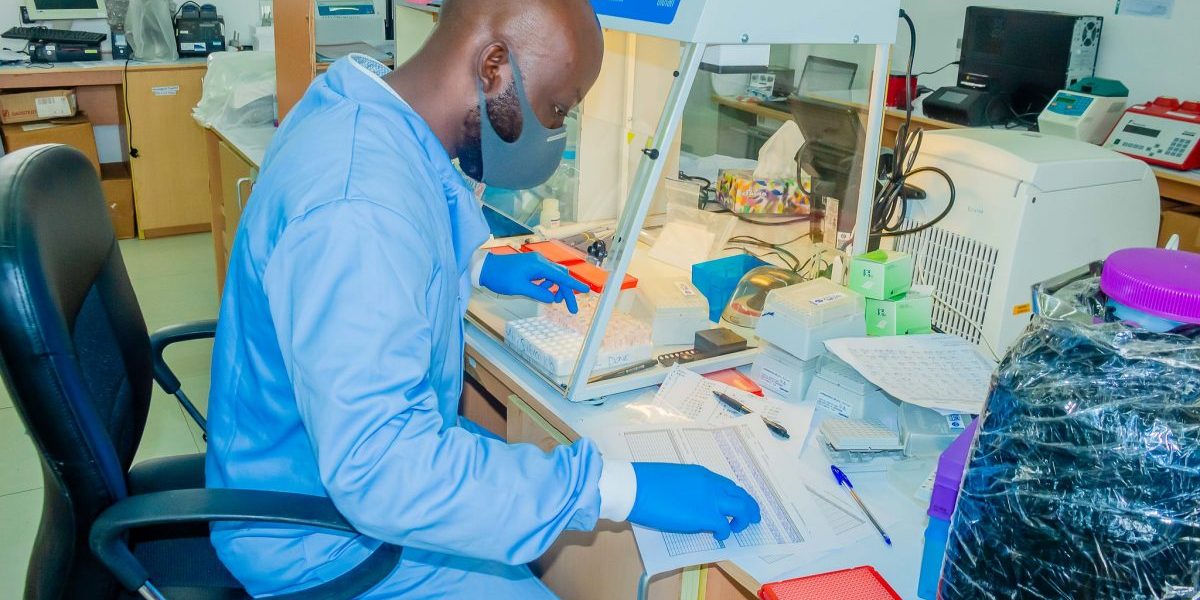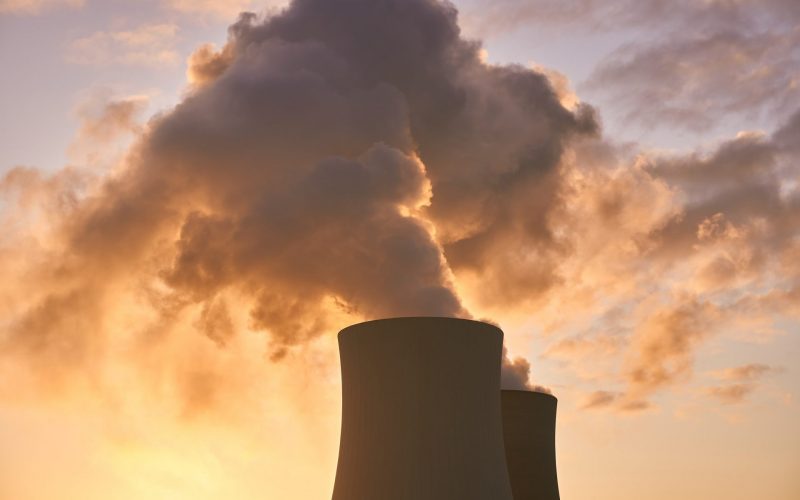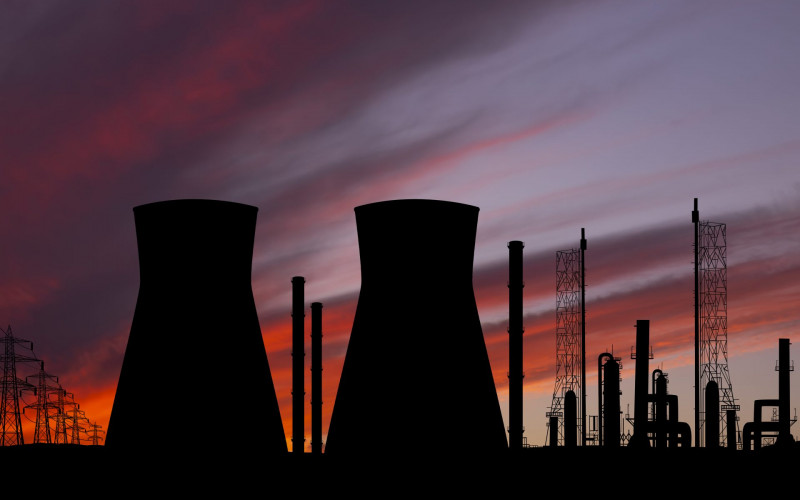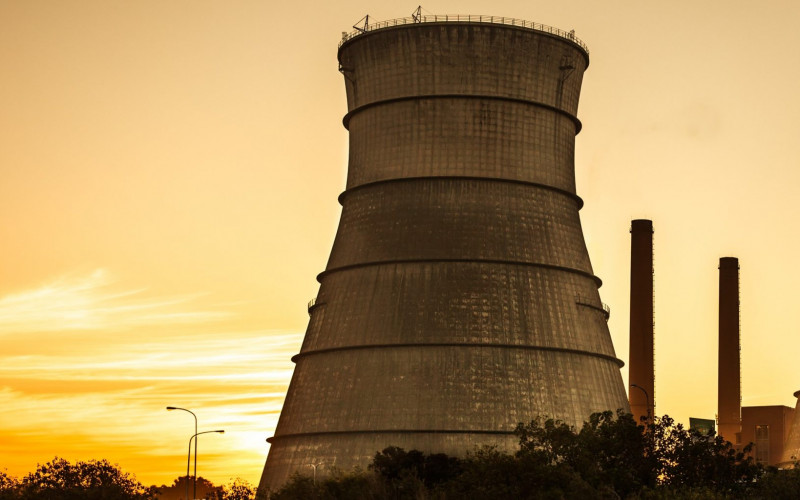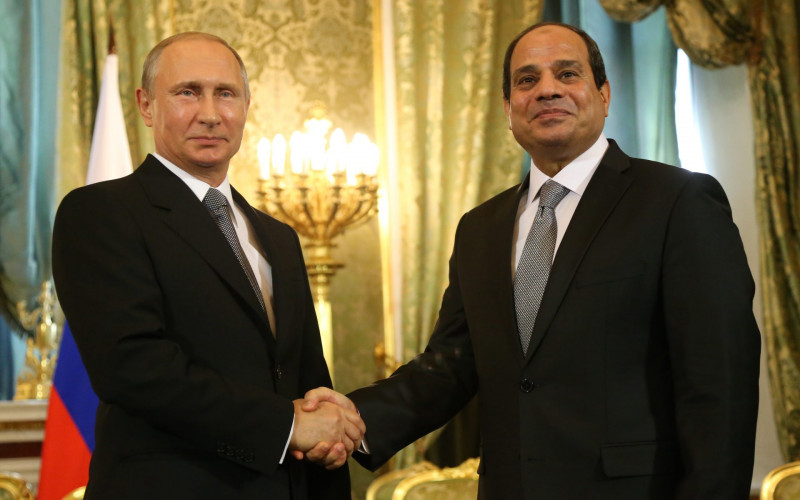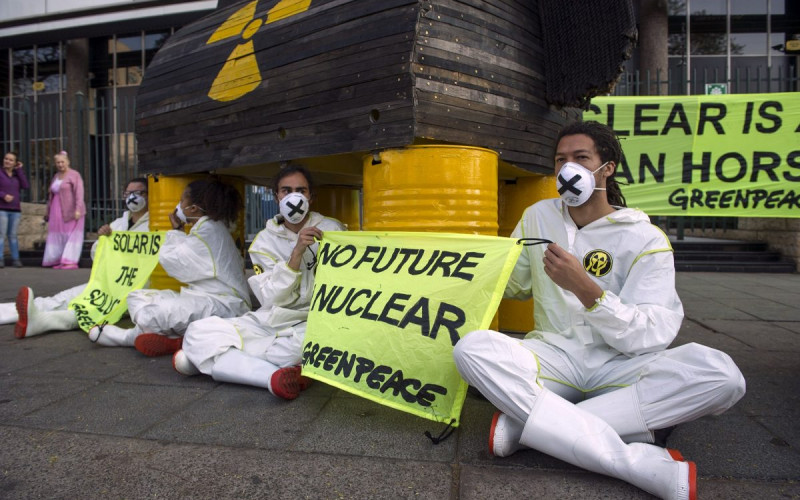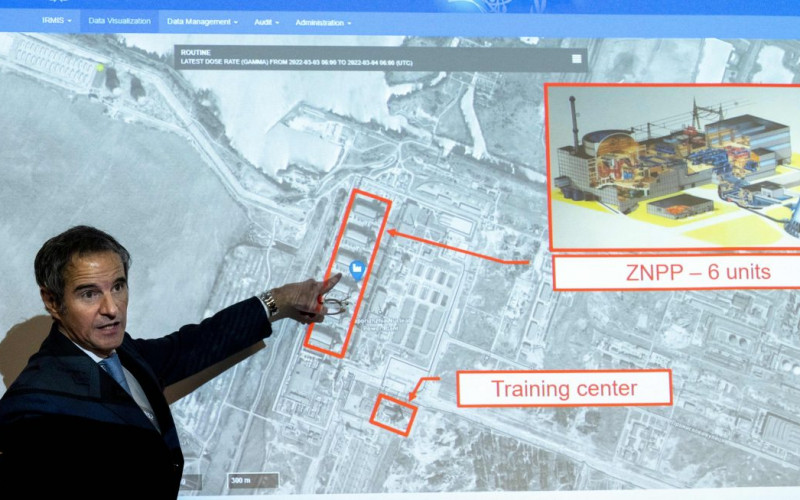The webinar, ‘Nuclear Energy Governance in Africa’, included remarks from Mr Messaoud Baalioaumer, the Executive Secretary of the African Commission on Nuclear Energy (AFCONE) and Prof Fumihiko Yoshida, Director of the Research Center for Nuclear Weapons Abolition (RECNA) at Nagasaki University as well as presentations on the case studies of nuclear energy in Egypt, by Dr Hebatalla Taha (Science Po) and South Africa, by Prof Jo-Ansie van Wyk (University of South Africa).
In his opening remarks, Messaoud Baalioaumer outlined AFCONE’s diplomatic initiatives to fulfill the provisions of the African Nuclear Weapon-Free-Zone Treaty (the Pelindaba Treaty). As the custodian of the African continent’s commitment to the peaceful use of nuclear energy and its governance, AFCONE liaises with the United Nations, the International Atomic Energy Agency and its African initiatives, such as the African Regional Cooperative Agreement for Research, Development and Training related to Nuclear Science and Technology (AFRA) and the Forum of Nuclear Regulatory Bodies in Africa (FNRBA). African countries are currently facing challenges in using nuclear energy for peaceful purposes, including insufficient infrastructure and lack of human resources. To address these, AFCONE has commissioned a series of expert studies to inform its work and focus leading up to the next Conference of Parties of the Pelindaba Treaty.
In his speech, Prof Yoshida outlined the mood of the Japanese nation on the day of commemoration and reminded the audience of the importance of continued advocacy on the dangers of nuclear weapons and the benefits of the peaceful use of nuclear energy.
This was followed by presentations on nuclear energy in Egypt and South Africa. Egypt in the process of building its first nuclear reactor, while South Africa is currently the only African country with a nuclear power plant and a nuclear research reactor. Dr Hebatalla Taha provided a historical overview of Egypt’s nuclear ambitions, outlined present-day nuclear energy governance, and discussed the lack of public input into the nuclear programme. Turning the focus to South Africa, Prof Jo-Ansie van Wyk explained that the government had issued a Request for Information in June 2020 to the national and global nuclear industry as the country is planning to restart its nuclear energy expansion plans.
Although Egypt and South Africa have followed different nuclear development trajectories in the past, these countries have committed to the peaceful use of nuclear energy as an instrument to achieve national, African (Agenda 2063) and international development goals such as the UN Sustainable Development Goals (SDGs). Another commonality that emerged is the need for public accountability of nuclear energy decisions and governance, and the need for democratic oversight. Ideally, such oversight should include the active participation of civil society regarding the peaceful use of nuclear energy for development. Besides oversight, public education on the peaceful use of nuclear energy and its applications are imperative.
SAIIA’s ‘Atoms for Development’ Project also launched its advocacy campaign during this event. The campaign aims to promote the peaceful use of nuclear energy in Africa, strengthen relevant bodies responsible for nuclear governance on the continent, improve national-level legislation on nuclear safety and security, and promote public debate on these issues.
Please see the advocacy campaign page for more. Key messages and the recommendations will be updated regularly as the project continues to conduct research and engage with stakeholders. If you would like to submit a recommendation for the campaign, please email Yarik.Turianskyi@wits.ac.za with your idea.

